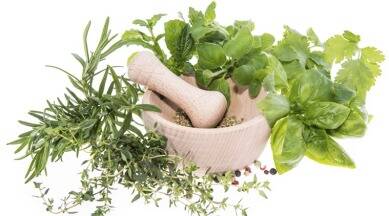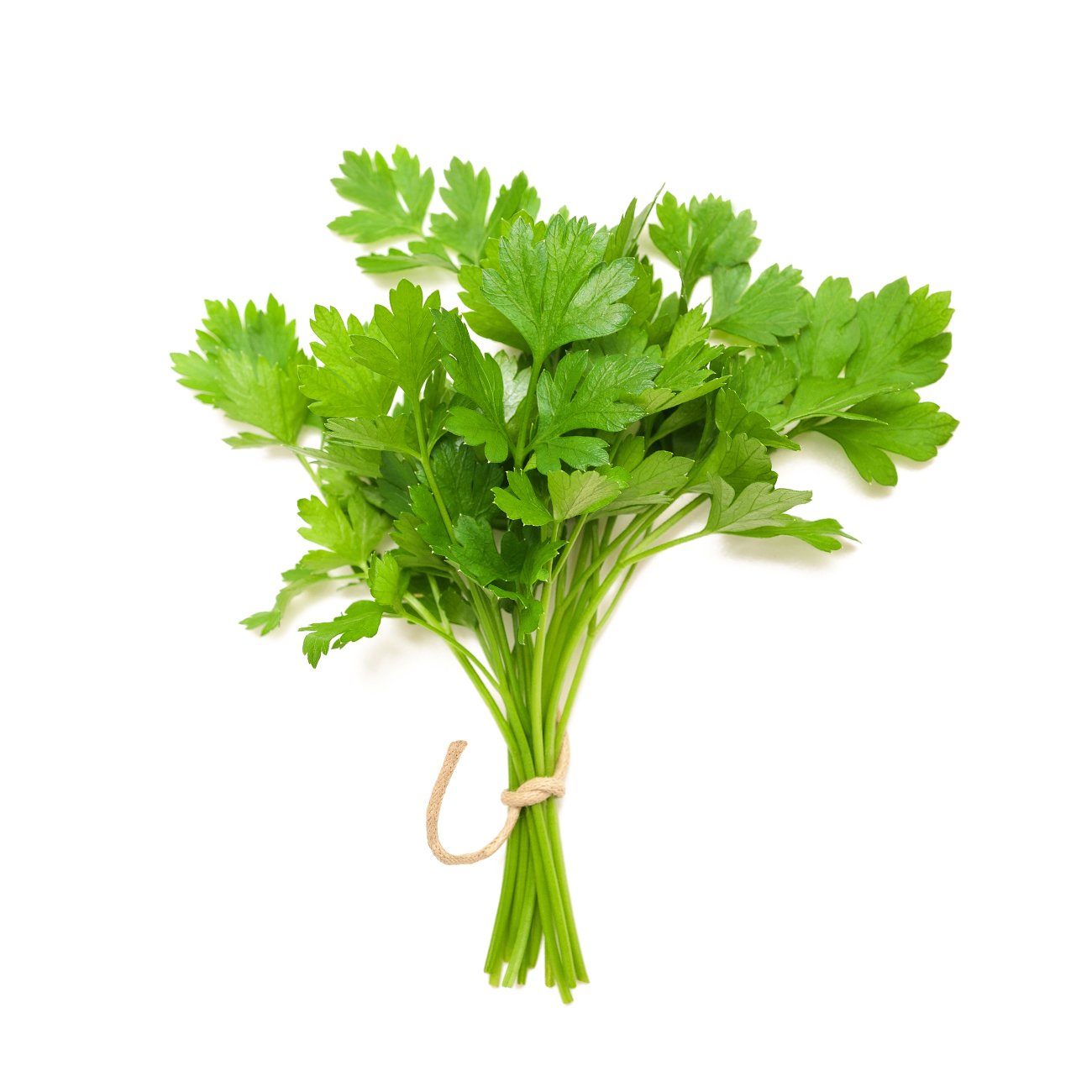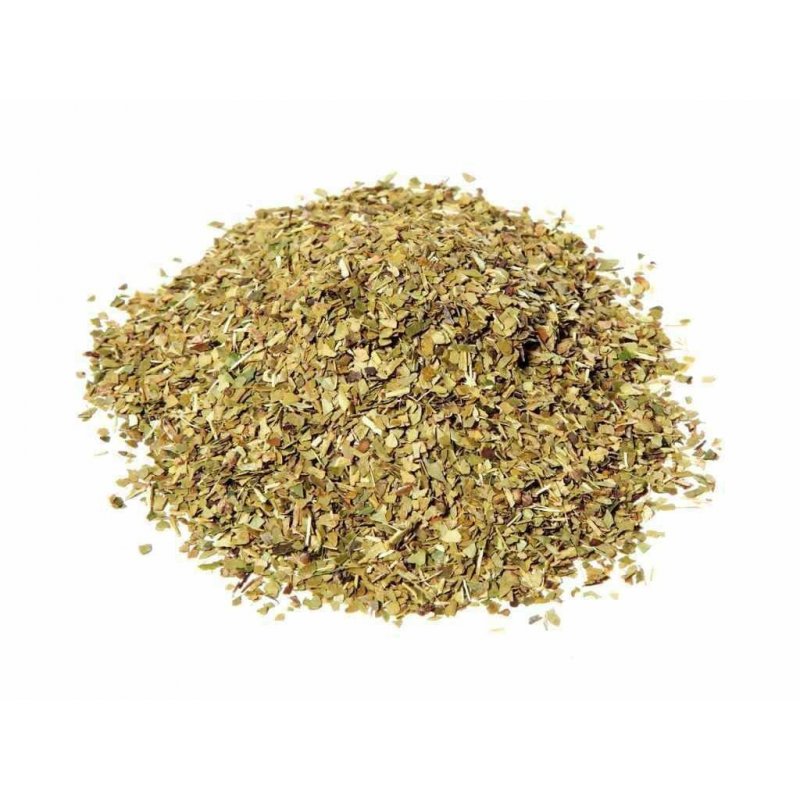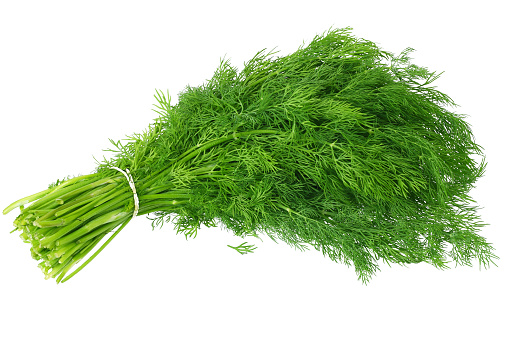
We all like to incorporate herbs into our meals, either to improve the flavor or to enhance the appearance of the dish. However, many people did not know that, in addition to the delicious flavor, herbs can also provide us with excellent health benefits.
Let’s discover more what these 10 herbs can do for you and your health
Spring onion: Spring onion is rich in dietary fiber (100 grams contain 7% of the recommended daily intake), and antioxidants such as allicin, which helps reduce cholesterol production and has properties fungicides, antibacterial and antiviral. In addition, Spring onion helps reduce blood pressure and prevent coronary and cardiovascular diseases. So include spring onion in your meal, it is easy to find and offers many health benefits to get from other herbs.

Coriander: This herb contains many antioxidants, essential oils; vitamins and dietary fiber that help reduce bad cholesterol (LDL – low-density lipoprotein cholesterol) levels and increase good cholesterol (HDL – high-density lipoprotein cholesterol). Both the leaves and seeds contain oils, such as borneol, cineole, P-Cimeno, terpineol, limonene, and phellandrene, and the root is rich in polyphyllonic flavonoids.

Basil: Basil contains oils, such as eugenol, citronellol, limonene, and linalool, with antibacterial and anti-inflammatory properties. In addition, this herb is rich in beta-carotene, cryptoxanthin, vitamin A, lutein and zeaxanthin. All these nutrients protect the body from free radicals, which are mainly responsible for aging and many diseases.

Dill: For many years, the branches and seeds of dill, which are loaded with essential oils, have been used as natural anesthetics and antiseptics. On several occasions it has been proven that dill helps reduce sugar levels in patients with diabetes. As if this were not enough, the oil extracted from its seeds has antispasmodic, digestive, disinfectant and sedative properties, and is rich in beta-carotene and vitamins A, C, B9, B2, and B3.
Thyme: Thyme has properties that help prevent disease and promote good health. This herb contains thymol, an essential oil that has demonstrated its ability to function as an antiseptic and fungicide, and a large amount of antioxidants and flavonoids such as zeaxanthin or lutein.

Turmeric: For centuries, turmeric has been used in medicine thanks to its antimicrobial and anti-inflammatory properties, and its wonderful health benefits.

Rosemary: Rosemary leaves contain a type of phytochemical and has the ability to prevent disease and promote good health. This plant contains phenolic antioxidants and many other beneficial oils, such as cineole, camphene, borneol, etc. These compounds help reduce inflammation, fight infections, and heal wounds.
/rosemary-herb-2k-56a8c3075f9b58b7d0f4e48a.jpg) Parsley: Parsley contains essential oils, such as myristicin, limonene, or eugenol, and numerous flavonoids. Many of these compounds, especially myristicin, have been shown to have the ability to prevent the formation of tumors in the lungs.
Parsley: Parsley contains essential oils, such as myristicin, limonene, or eugenol, and numerous flavonoids. Many of these compounds, especially myristicin, have been shown to have the ability to prevent the formation of tumors in the lungs.

Barley grass: The benefits of Barley Grass include controlling blood sugar levels, providing the body with the necessary fiber, supporting a healthier digestion, supporting weight loss, regulating cholesterol, fighting cancer and preventing ulcerative colitis. Other benefits include increasing immunity, protecting against UV radiation, acting as a natural detoxifier and reducing heartburn.

Yerba mate: Yerba mate is a shrub belonging to the genus Ilex, plants also known as holly. Its scientific name is Ilex paraguariensis, and it is easily found in the basins of the Paraná and Uruguay rivers, especially in its upper parts. Yerba mate contains antioxidants, minerals (especially potassium and magnesium), amino acids and vitamins (especially group B). It is also rich in polyphones. It can boost energy, improve mental focus, improve immune system, lower blood sugar, reduce the risk of heart disease and may help in reducing weight.

In addition to eating good amount of herbs include fruits in your daily diet as well. Fruits are full of nutrition and offers many health benefits.


